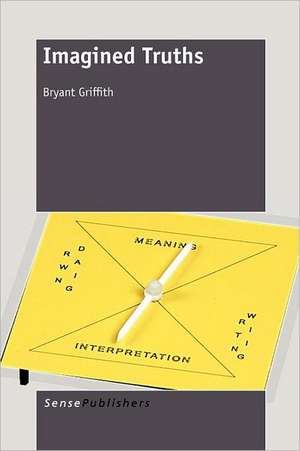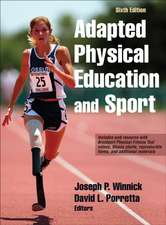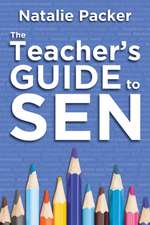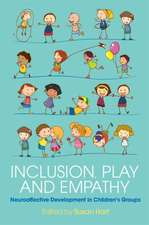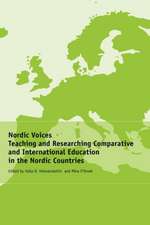Imagined Truths
Autor Bryant Griffithen Limba Engleză Paperback – 31 dec 2010
Teachers and learners need to contemplate why and how they construct knowledge. An essential part of this reflection is questioning the premises that govern our views of the world, as well as the premises of what is presented as knowledge. This demands a new epistemology, and requires that teachers change their conceptual structures and recognize that all theories of knowledge are not founded solely on formal logic using uninterpreted experience as data. Moreover, it demands that new models be considered as ways of making sense and of understanding. As teachers, we realize that learning how to cope with changes of this magnitude requires leadership where relationships are crucial. The rapidly emerging significance of social networks is reshaping our world, a world that isn’t flat but where spiky concentrations of people work together to make things happen creatively. It is more the case that the education we need to provide is to solve problems we can’t conceive.
Our cultural narratives, when freed of the bounds of instrumental learning, become powerful tools for an emerging world where questions and answers are not simple, cause and effect equations. Yes, the teacher is a facilitator, but one with the mastery of sufficient material to be able to paint numerous contexts for the learner. We need to be open, attentive, and anticipatory to that which may surprise us, to that which we will not expect. The shape of past knowledge can be discovered by reflecting on the ways in which we make decisions and by asking why questions. These questions frame intentions and focus on the specific process of knowing why and how ideas have changed from the past to the present. By placing the self in the middle, this process becomes a trialectic of relational thought which in turns becomes the dialectic of learning.
Preț: 293.06 lei
Nou
Puncte Express: 440
Preț estimativ în valută:
56.09€ • 60.95$ • 47.15£
56.09€ • 60.95$ • 47.15£
Carte tipărită la comandă
Livrare economică 17-23 aprilie
Preluare comenzi: 021 569.72.76
Specificații
ISBN-13: 9789460916618
ISBN-10: 9460916619
Pagini: 102
Dimensiuni: 156 x 234 x 5 mm
Greutate: 0.15 kg
Editura: Brill
Colecția Brill
ISBN-10: 9460916619
Pagini: 102
Dimensiuni: 156 x 234 x 5 mm
Greutate: 0.15 kg
Editura: Brill
Colecția Brill
